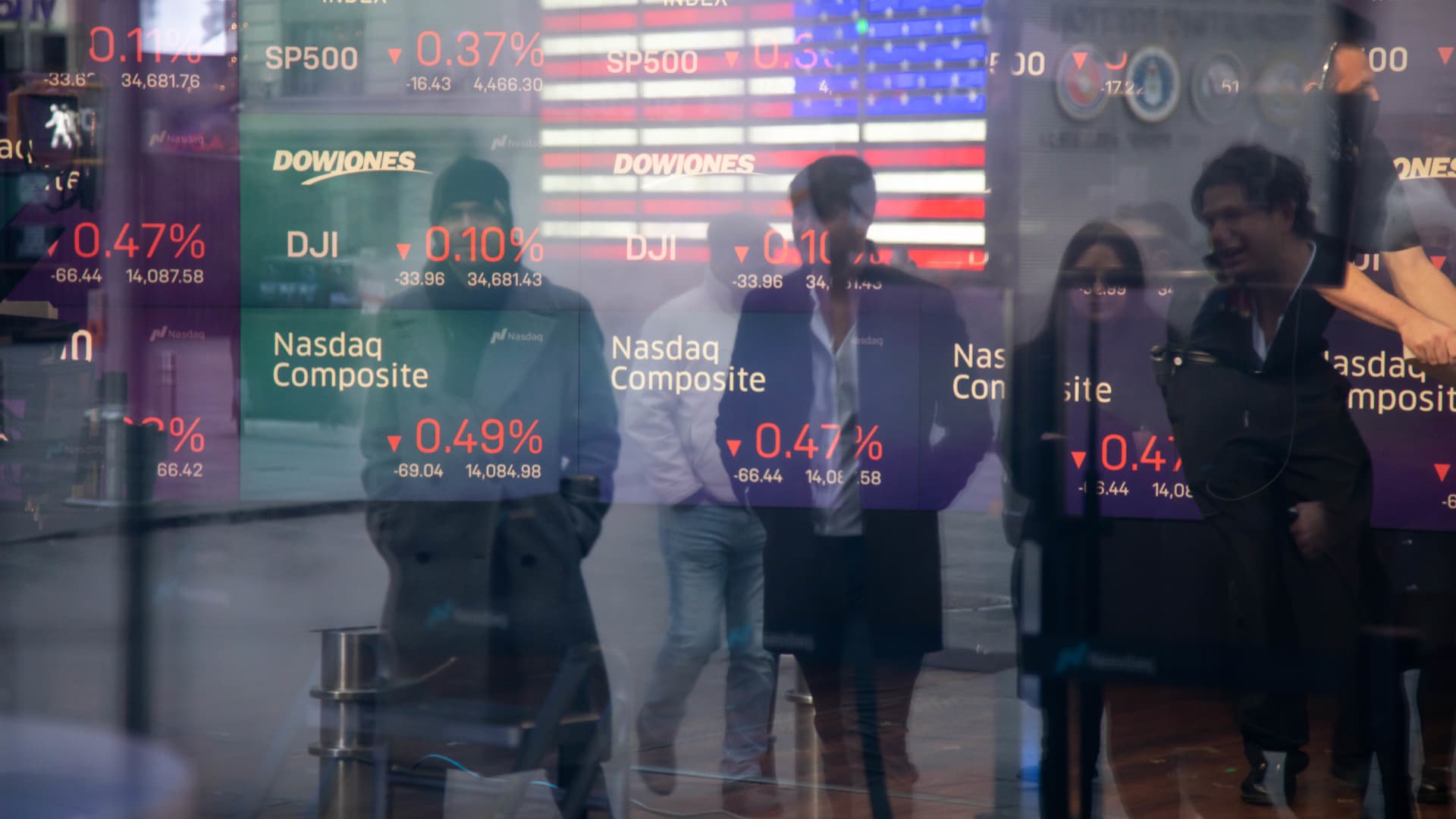Increased Bosphorus tanker traffic may lead to disaster
Coast Security and Ship Salvage Department (KEGK) Director Baris Tozar said on Wednesday that any increase in tanker traffic through the straits would increase the risk of a disaster striking Istanbul. If an accident did occur, forcing the closure of the Bosphorus, it would have a significant economic impact on the firms and countries using it.
Tanker traffic through the Bosphorus is controlled by the Turkish Straits Sea Traffic Regulations, which were approved by the International Marine Organization (IMO) in 1998. According to Tozar, the claims in foreign newspapers that the slow passage of ships through the Bosphorus is causing problems for European refineries are a result of a "safety first" policy instituted to prevent any major accidents.
The Bosphorus is one of the most dangerous seaways in the world, said Tozar, noting that in spite of the risks 6,516 ships carrying 101 million tons of cargo passed through the channel in 2001. In 2003, this figure increased to 8,097 ships carrying 135 million tons of, he said.
Tozar said his primary duty is to keep the straits open and ensure the safety of both the ships and the city. He noted that the straits were the only method of passage for the Black Sea countries, adding that Russia was one of the countries exerting pressure for the increase of tanker traffic running through the Bosphorus.
He said the problems encountered by some refineries in Europe were not due to slower traffic through the Bosphorus, but refineries failing to make proper adjustments to unstable oil production in Kirkuk.
He said the only reason for closing the Bosphorus was due to bad weather, adding that in the last 13 days, the channel had been closed for 8 hours and 10 minutes. Oil tankers and other vessels must wait at the entrance of the Turkish straits when there is low visibility due to heavy snow or fog, or when currents are too strong, Tozar said.
The Bosphorus, a 33.4-kilometer (21 mile) waterway bisecting Istanbul, a city of some 12 million people, is considered by many in shipping to be one of the world’s most dangerous waterways. The narrow waterway forms part of the sole passage between the Mediterranean and Black Sea.
Turkey allows a maximum of six large oil tankers to cross the Bosphorus and Dardanelles straits a day and around 60 large oil tankers were currently lined up to cross the straits, said Tozar.
Tozar insisted winter delays are normal and there was a similar buildup last year.
Tozar said the amount of oil going through the Bosphorus has gone up by almost a third in the last five years, contributing to the delays.
Last year, Turkey launched a $45 million radar monitoring system on the Bosphorus to reduce the risk of accidents. The new monitoring system tracks vessels as they pass and warns of any danger.



